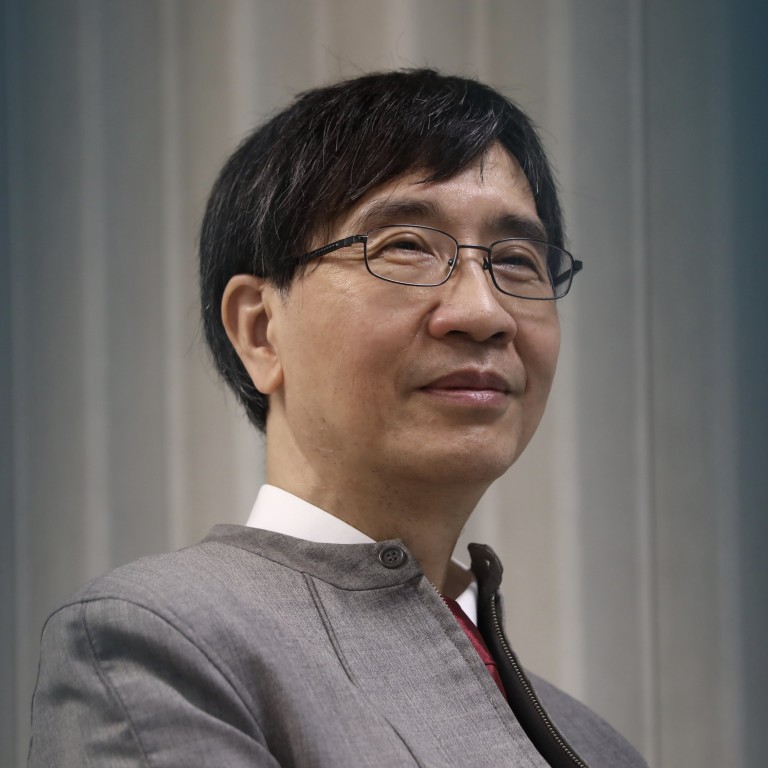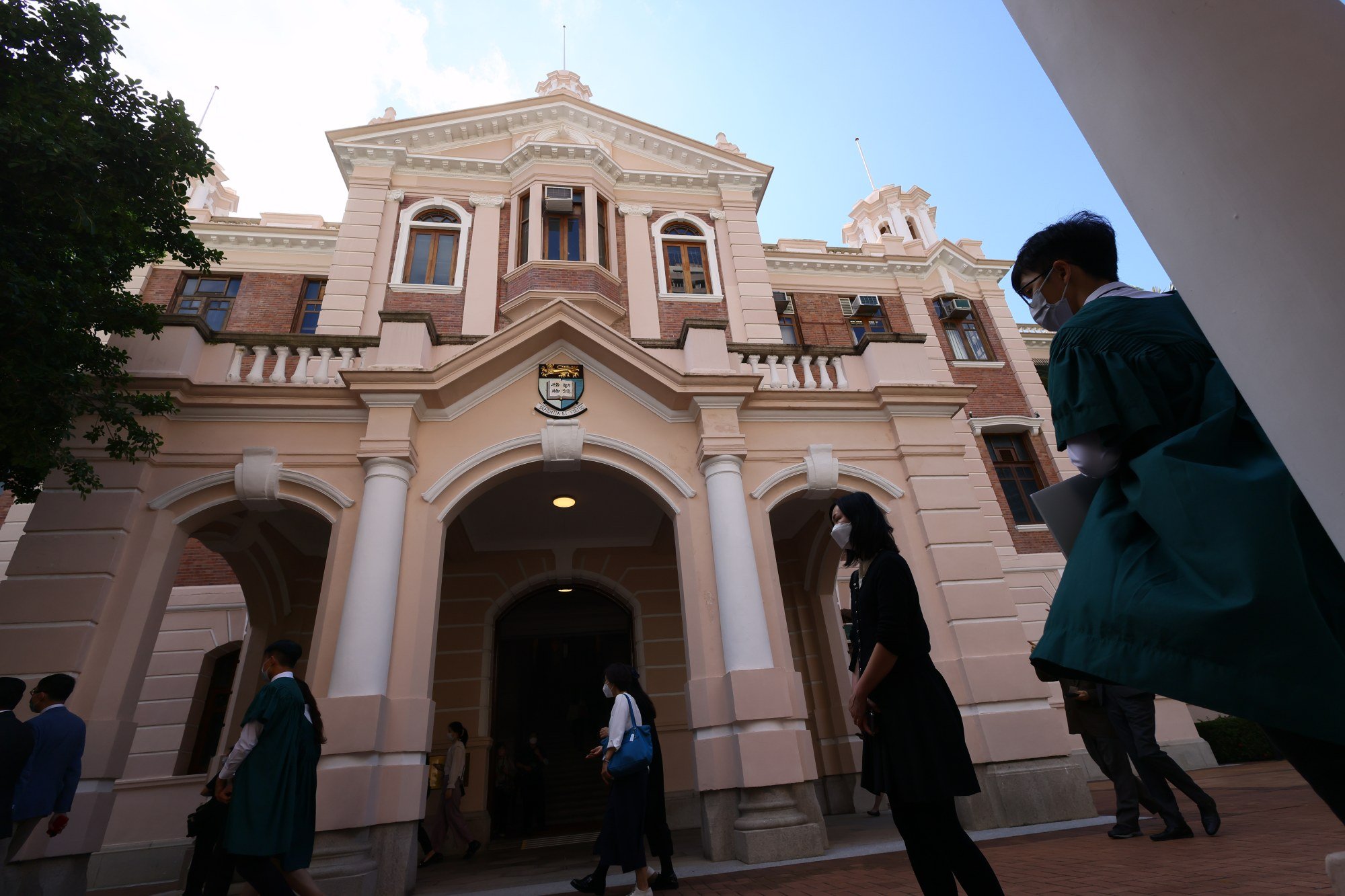
Nasal spray Covid-19 vaccine co-developed by Hong Kong scientists approved for emergency use in mainland China in ‘historic breakthrough’
- Microbiologist Professor Yuen Kwok-yung and team created the emergency use nasal vaccine with mainland university and Beijing drug company
- Pharmaceutical firm confirms that vaccine has been given the green light for mainland use
A nasal spray Covid-19 vaccine co-developed by Hong Kong microbiologist Professor Yuen Kwok-yung and his team with a mainland China university and pharmaceutical firm has been approved for emergency use by the national authorities.
Yuen, from the University of Hong Kong (HKU), on Monday night said the development was a “historic breakthrough”.
“The biggest meaning is that Hong Kong has made a vaccine itself for the first time and got an approval from the National Medical Products Administration for emergency use at the end,” Yuen said.

HKU, Xiamen University and Beijing Wantai Biological Pharmacy started clinical trials for the nasal spray vaccine on the mainland and in Hong Kong last March after central authorities gave the go-ahead.
The drug company confirmed in an announcement on Monday that the nasal vaccine had obtained approval for emergency use on the mainland.
Yuen said it would be a commercial decision for Wantai to decide it would apply for emergency use for the vaccine in the city.
The company said the phase-three clinical trial for the new vaccine, which was carried out in South Africa, the Philippines, Colombia and Vietnam, was completed and key information was obtained. The analysis of the main data collected was completed last month.
Leading Hong Kong microbiologist Yuen Kwok-yung gets Covid-19
The first two phases of clinical trials were completed on the mainland and in Hong Kong.
The vaccine was found to be safe in all three phases of the clinical trials.
The vaccine was shown in the third phase to have more than 80 per cent effectiveness against the Omicron variant in the population earlier inoculated by inactivated vaccines, and it was 55 per cent effective in the unvaccinated population.
By entering the body the same way as the virus, nasal vaccines aim to build immunity in the mucous membrane that line the nose and mouth.
This could block people from getting infected in the first place – and also potentially prevent people with Covid-19 from infecting others.
Yuen said the advantage of the nasal spray vaccine, which used the influenza virus as a vector in the design, was that it could induce systemic immunity not in the blood, but in the nasal and throat mucus membranes and therefore block the coronavirus at its point of entry into the body.
Hong Kong confirms 3 new Covid-19 cases; nasal spray vaccine on horizon
The vaccine is delivered by syringe with a special tip designed to produce a mist.
Priority groups for the new vaccine could include the elderly and those at high risk with with underlying illnesses, HKU suggested. Young children were not covered by the clinical trials.
Yuen said the nasal vaccine would serve as a complement to, but not as a replacement for, conventional vaccination.
Beijing Wantai Biological Pharmacy said it planned to make 200 million doses of the vaccine in the next six months.
The Health Bureau in Hong Kong said no applications for emergency use had been received.
About 100 nasal delivery Covid-19 vaccines are under development worldwide, with around 20 being tested on humans, health data firm Airfinity and Nature said in September.
Hong Kong recorded 9,508 coronavirus infections on Monday, 665 of which were imported, and 20 more deaths.

